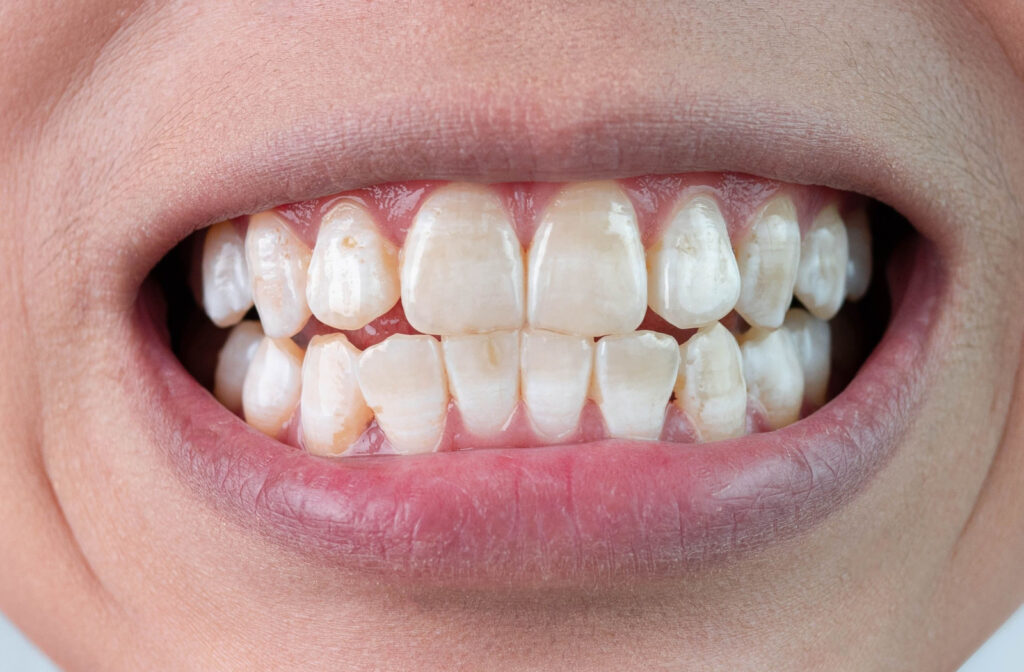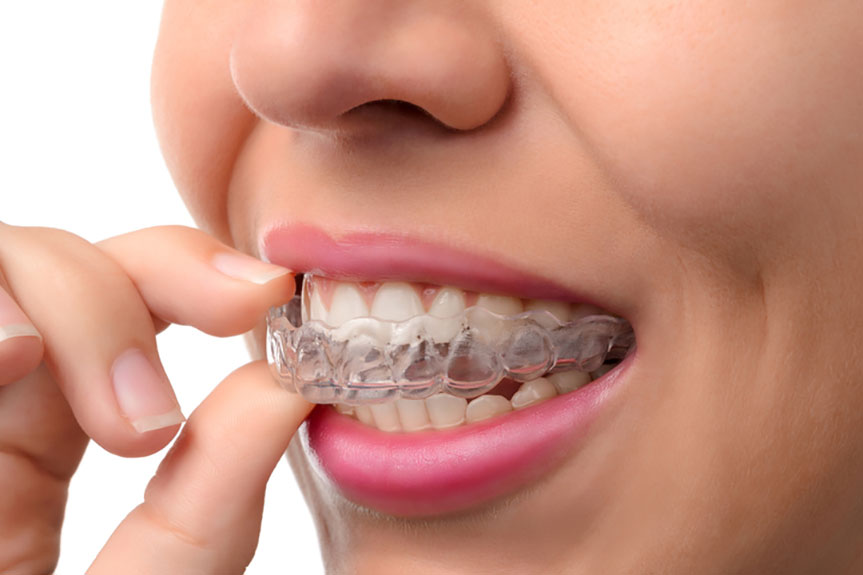Siding is one of the most important components of your home’s exterior. Not only does it enhance curb appeal, but it also protects your home from harsh weather, pests, and moisture. With so many options available, selecting the best siding for your home can be overwhelming. Factors such as durability, aesthetics, maintenance, and cost all play a role in determining the right choice.
This guide walks you through the key considerations for choosing siding, helping you make an informed decision that meets your needs and preferences.
The Importance of Quality Siding
Siding serves both functional and aesthetic purposes, making it a vital investment for your home.
Benefits of High-Quality Siding
- Weather Protection
- Siding shields your home from rain, wind, snow, and UV rays, preventing structural damage.
- Improved Energy Efficiency
- Insulated siding reduces heat transfer, keeping your home comfortable and lowering energy bills.
- Enhanced Curb Appeal
- The right siding material and color can transform your home’s appearance, boosting its value.
- Low Maintenance
- Durable siding minimizes upkeep, saving you time and money in the long run.
Working with a trusted siding company like D&G Exteriors ensures professional installation and maximum performance.
Types of Siding Materials
Each siding material offers unique advantages and drawbacks. Understanding these options helps you choose the best fit for your home.
1. Vinyl Siding
- Advantages
- Affordable, lightweight, and available in a wide range of colors and styles.
- Requires minimal maintenance and resists rot, pests, and fading.
- Considerations
- Less impact-resistant than some materials and may crack in extreme temperatures.
2. Fiber Cement Siding
- Advantages
- Extremely durable, resistant to fire, pests, and rot.
- Mimics the look of wood without the high maintenance.
- Considerations
- Heavier and more expensive than vinyl, requiring professional installation.
3. Wood Siding
- Advantages
- Timeless and natural aesthetic that enhances curb appeal.
- Can be painted or stained to match your desired look.
- Considerations
- Requires regular maintenance to prevent rot, pests, and weather damage.
4. Metal Siding
- Advantages
- Highly durable, fire-resistant, and ideal for modern or industrial-style homes.
- Low maintenance and environmentally friendly.
- Considerations
- Susceptible to dents and may be more expensive than other materials.
5. Brick and Stone Veneer
- Advantages
- Provides a classic, elegant look with exceptional durability.
- Virtually maintenance-free and highly resistant to weather and pests.
- Considerations
- High upfront cost and limited color options compared to other materials.
Factors to Consider When Choosing Siding
Selecting the best siding for your home requires balancing practicality, aesthetics, and budget.
1. Climate and Weather Conditions
- Durability: Choose siding that can withstand your local weather, such as fiber cement for storm-prone areas or metal siding for fire resistance.
- Insulation: Opt for insulated siding to improve energy efficiency in colder climates.
2. Maintenance Requirements
- Vinyl and fiber cement require minimal upkeep, while wood siding needs regular staining or sealing.
- Consider your willingness and ability to perform maintenance when selecting a material.
3. Style and Aesthetics
- Match the siding’s texture, color, and style to your home’s architectural design.
- Neutral tones and classic styles offer timeless appeal, while bold colors can make a statement.
4. Budget
- Compare the initial cost of materials and installation with long-term maintenance expenses.
- Vinyl siding is cost-effective upfront, while fiber cement and metal may offer better long-term value.
Enhancing Siding Performance
Maximizing the benefits of your siding choice requires proper installation and additional features.
Professional Installation
- Working with a siding company ensures correct installation, preventing issues like warping, gaps, or water infiltration. To find a reliable professional, search online or use local directories for a siding contractor near me to locate trusted experts in your area.
Insulation and Underlayment
- Adding insulation beneath your siding improves energy efficiency and soundproofing.
Protective Coatings
- Use UV-resistant or weatherproof coatings to extend the lifespan of your siding and maintain its appearance.
Maintenance Tips for Long-Lasting Siding
Regular maintenance keeps your siding in top condition and extends its lifespan.
Vinyl and Fiber Cement Siding
- Wash with a garden hose or mild detergent to remove dirt and debris.
- Inspect for cracks or damage and repair them promptly.
Wood Siding
- Reapply paint or stain every few years to protect against moisture and UV damage.
- Check for signs of rot or pest activity and address issues immediately.
Metal Siding
- Remove dirt and grime with soap and water, avoiding abrasive cleaners.
- Repair dents or scratches to prevent corrosion.
Common Siding Mistakes to Avoid
Avoiding these pitfalls ensures your siding performs optimally and maintains its appearance.
Ignoring Ventilation
- Poor attic ventilation can cause moisture buildup, leading to siding damage.
Skipping Inspections
- Regular inspections help identify and address minor issues before they escalate.
DIY Installation
- Improper installation can compromise siding performance, so it’s best to hire professionals for the job.
When to Replace Your Siding
Knowing when to replace your siding prevents further damage to your home.
Signs It’s Time for Replacement
- Warping or Buckling
- Indicates structural issues or water damage beneath the siding.
- Faded or Peeling Paint
- Persistent fading suggests your siding is nearing the end of its lifespan.
- High Energy Bills
- Poor insulation or gaps in the siding may contribute to energy loss.
- Frequent Repairs
- If your siding requires constant maintenance, replacement is often more cost-effective.
The Role of a Professional Siding Company
A reliable siding company provides expert guidance and ensures high-quality installation tailored to your home’s needs.
Benefits of Hiring Professionals
- Expertise
- Professionals recommend materials and designs that align with your goals and budget.
- Precision Installation
- Proper installation prevents common issues like leaks, warping, or misaligned panels.
- Warranty and Support
- Many siding companies offer warranties, providing peace of mind and added value.
Partnering with experienced providers like D&G Exteriors ensures exceptional results and long-lasting performance.
Conclusion
Choosing the best siding for your home involves considering factors such as durability, maintenance, and aesthetics. By understanding your options and working with a professional siding company, you can invest in siding that enhances your home’s beauty, protection, and energy efficiency. Whether you prefer the low maintenance of vinyl, the elegance of fiber cement, or the durability of metal, the right choice will elevate your home’s value and comfort. For expert advice and quality installation, trusted providers like D&G Exteriors deliver solutions tailored to your unique needs.




